Where Tippett scored better than Britten
OrchestrasJohn Bridcut’s new BBC documentary on the British composer Michael Tippett, The Shadow and the Light, has prompted me to revisit some of my long-held views on the composer, not all of them respectful. It is almost 20 years since I wrote a centenary essay under the headline ‘Michael Tippett – a composer to forget.’ Tippett, I averred then, ‘is a British taste, and none the better for that.’
Not much has moved in the years between. Tippett performances are mostly undertaken by a handful of devotees on his home turf.
Watching the documentary, I was reminded painfully of Tippett’s eccentric scoring, hapless librettos and irredeemable lapses of dramatic concentration. I believe he still holds the record for the least-watched opera ever shown on British television.
Benjamin Britten, who was fond of him as a friend, had little good to say about his music. I was once rebuked by Britten’s publisher Donald Mitchell for mentioning the two of them in the same sentence. There was no love lost between the camp followers.
However, what emerges from the Bridcut documentary is the tremendous warmth that Tippett inspired in those around him, a devotion far beyond the chilly Aldeburgh shores. Friends were prepared to lay down their lives for this quirky, cultish character of extreme political views and limited personal loyalty. Ralph Vaughan Williams and Adrian Boult backed him early on, Colin and Andrew Davis in latter years. Every now and then, amid screeds of incomprehensible score, Tippett could move good musicians to tears of catharsis. I feel the need to reacquaint myself with his last quartet, which has moments of transcendence.
Blatant as his flaws might be, Tippett comes over as more endearing than Britten, more idealistic, more individualistic, a British version of the classic Russian archetype known as the ‘holy fool.’
Watch the doc if you can.
photo: Schott

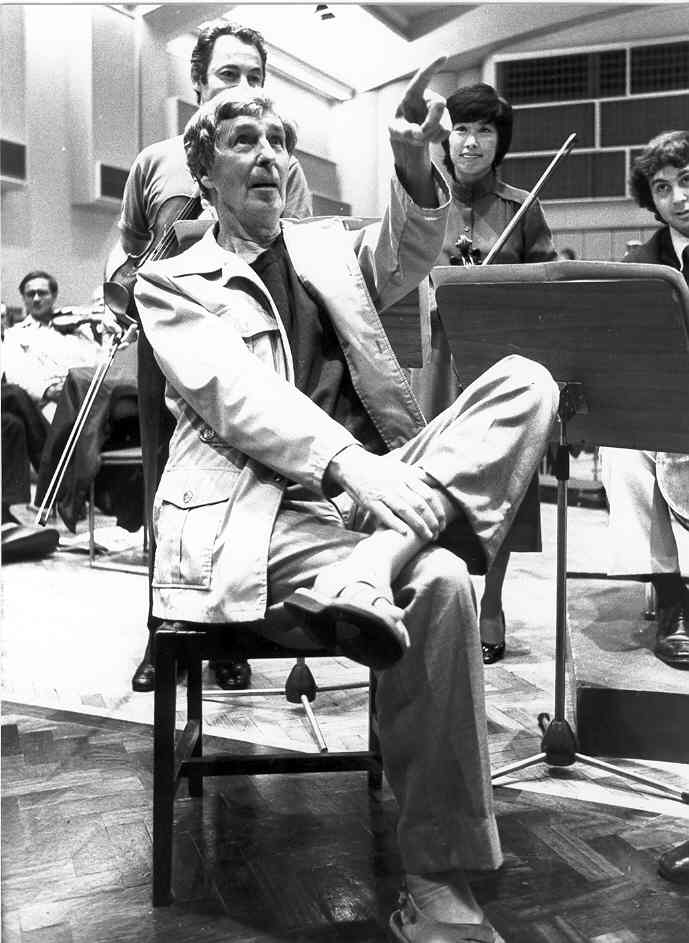
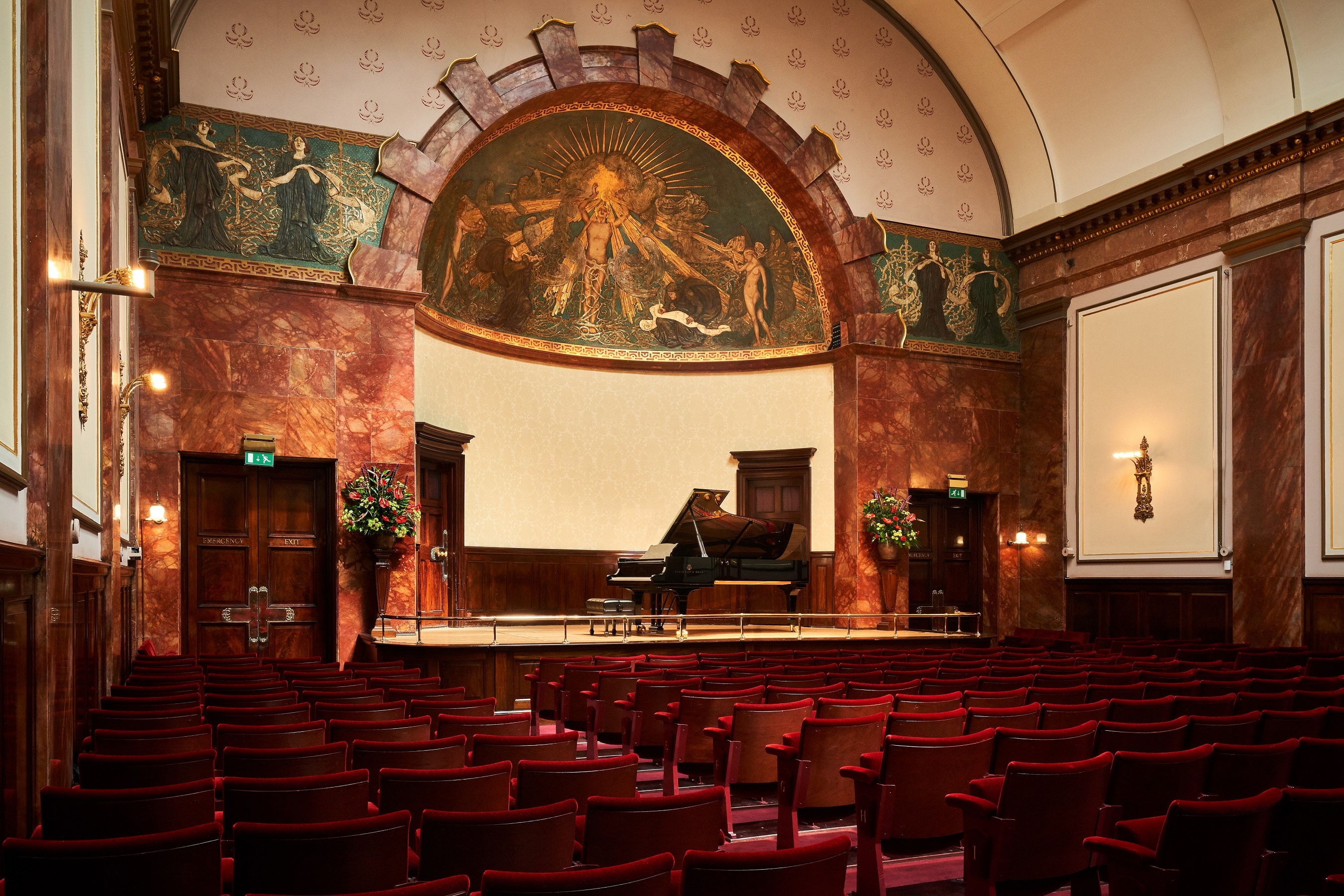
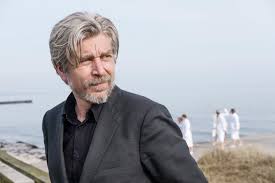
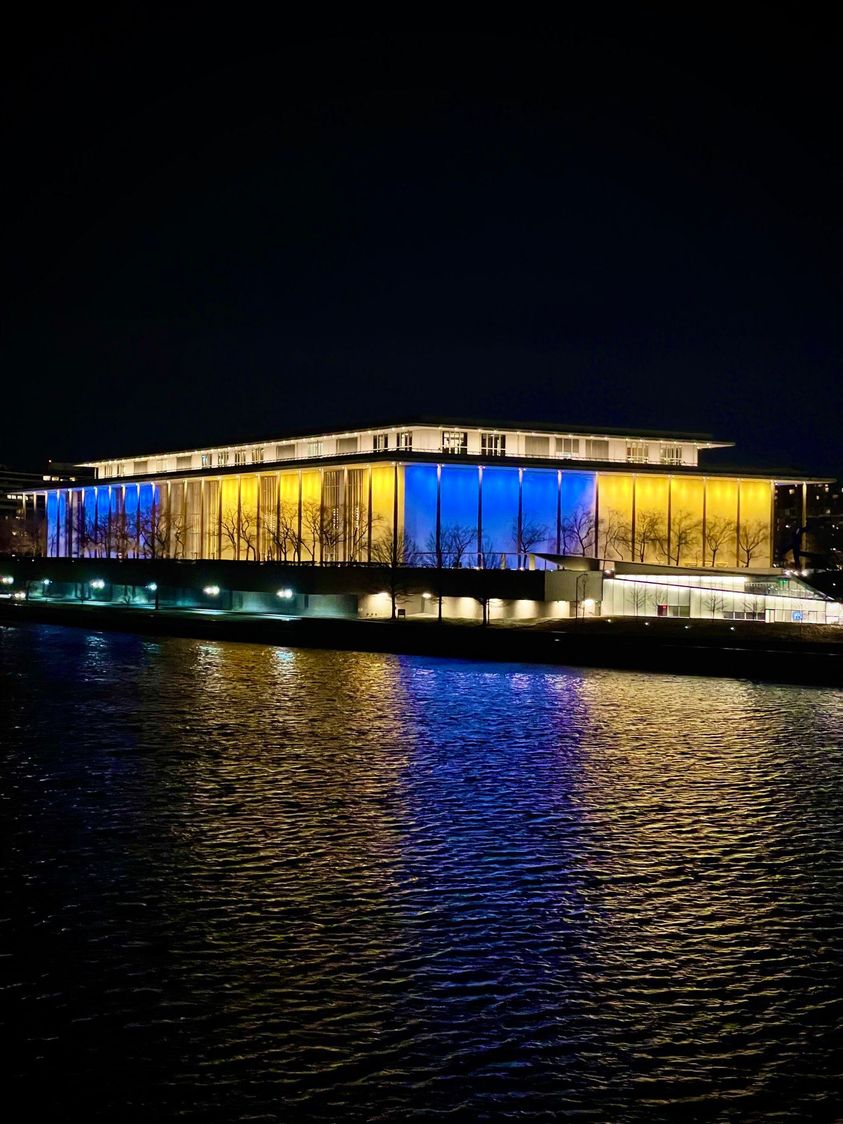
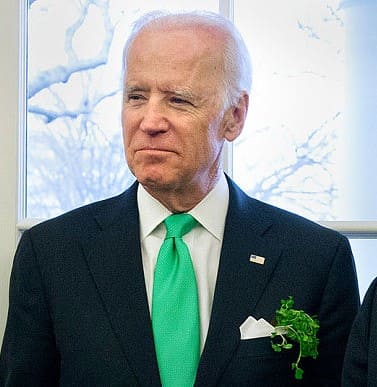
Comments